Bah, humbug! Or something. What is this thing we call justice? Perhaps we should check in with today's guest to see what his idea of justice is. And hereeeeeee's Alan McDermott!
When I set out to write my debut novel I had the idea of a man looking to right an injustice. I wanted it to be more than your typical tale of revenge, and tackling the judicial system rather than just the criminal seemed the right approach. As it turned out, I had inadvertently woven a tale that gave many a reader food for thought. It wasn’t my deliberate intention, but perhaps deep down I wanted people to consider the way criminals are perceived as being treated with a lot more compassion than their victims.
Here are just a sample of some of the reviews I have received for Gray Justice:
“In crafting this tale, Mr McDermott raises a number of important issues about our British 'justice' system. We are asked to consider the extent to which it's fair to the victims and the scenario are all ones which the ordinary reader will be able to relate to. Differences in treatment between terrorism and criminal acts are also highlighted; an issue which many seem to overlook.”
“The storyline made me think really hard about the justice system in today's society, and its failings and what should be done about it.”
“I found myself going through a whole host of emotions throughout the book. Having been a victim of crime myself I could really empathise with the main character's issues with the justice system and I found myself constantly torn between agreeing/disagreeing with him and applauding/opposing his methods throughout the book. It certainly left me with a lot to think about.”
“As an ex-pat who follows the British papers closely, I can relate completely to the intent of the novel. My own family have expressed frustration about the laxity of the justice laws, and how the laws seem to favour the criminal and not the victim. This book clearly demonstrates the shortfalls, with a very creative solution - that I think could really work if politicians took the time to really listen to the people who voted them in.”
It certainly seems to have struck a chord with many readers. In fact, I have been asked in a couple of interviews whether the actions of the protagonist, Tom Gray, reflect my own view on criminal justice in the UK. All I can say in response is that Gray Justice is a work of fiction, and that the protagonists ideals are his, and his alone.
I often wonder if Stephen King was asked the same about Misery: “So, Stephen, do you advocate the imprisonment and hobbling of injured authors?”
If readers get so engrossed in my story that it has them questioning their own stance on criminal justice, I will take that as a huge compliment.
As always, if you like what this author has to say in their guest spot, please patronize them by clicking on their book on the sidebar. I make absolutely nothing off your purchase through this site. I'm just glad to have them stop by and hope you get some pleasure from meeting another author.
Are you top notch or are you egotistical?
As a writer and as a reader?
Are you the absolute best at what you do and no one, anywhere, anytime, in any manner is qualified to give you advice of any type?
Are you open to hearing advice because any little tidbit can help you grow and improve?
This sprung into my mind because I've been seeing a trend lately. A bad trend. We've always had a few writers in our community that have the elitist mentality. They believe they are better than everyone else, period. And, although there's a ton of trash in our community, which hurts our community overall, the elitist mentality does NOT help our cause, either.
Some countries actually very much discourage this type of thinking, and we can all learn a bit from that. There's nothing wrong with being humble. Nothing at all. Who knows, you may actually make another friend or two if you're a bit more humble.
There's also nothing wrong with having pride in your work...but then there's pride and there's ego. Two different things. No matter what country you're in, from Australia to Japan to Russia to Europe to South America to Canada to the U.S.A., ego is the same everywhere. And ego is not a good thing.
I admit, this does not just affect indie writers. Some of the biggest branded big names have big egos as well. However, that affects them. That affects the major companies. Indie authors have enough going against them as it is. Why add an over-inflated ego to that equation?
So, are you top notch or are you egotistical?
More specifically...what's a book worth to YOU, the reader?
Some writers believe that each of their works should be priced as high as the sky...because it's their art and their art is special. Their time is special. They deserve to be paid for their time. With each book sale.
I won't say that their art isn't special, because it is. I believe that each author has an audience. The trick is FINDING that audience. Plus, the audience for Sally just may be bigger than the audience for Tom. Who knows?
Some writers believe that their work should be priced in the gutter...so they can attract that many more readers. They believe that selling 6,000 is better than selling 1,000, even if selling 6,000 copies makes them the exact same profit as selling 1,000 copies would. But, with 6,000, they have 6,000 more readers and potential fans than the author that only sells 1,000.
I won't say this is faulty either, simply because we all know that when businesses have a loss leader or even a freebie, it tends to WORK. It does it's job and brings in more customers. That's the whole idea behind the promotion. If it didn't work businesses wouldn't continue doing that.
With the high priced books, obviously not everyone will spend money on their art. Especially if you're not familiar with that particular author. The majority of people that I've talked to and listened to have the same thought process with this. If you don't know an author, you're afraid to spend more than a few bucks on them. You're only willing to spend a few bucks or MORE if you know AND TRUST that author. Perfectly reasonable sounding to me. We work hard for our money...unless Uncle Sam gave it to you for free.
With gutter priced books, some people believe that undervalues the author's work and therefore undervalues the author. They believe that .99 and free books devalue books in general, lowering the actual value of every other author out there. But, I figure, if that were true, we wouldn't have James Patterson, Stephen King, Janet Evanovich, Nora Roberts, etc on the top of the best-seller lists. Those books sure aren't .99 or free.
See, the idea with this idea is, if you give your book away for free, your book makes another author's book worth less. So, if they feel they should get 4.99 per copy, suddenly, because yours is free, they can now only get 2.99 per copy.
I kinda think that those that are willing to pay for quality, will pay regardless of how many free books are out there. I kinda also think that those that aren't willing to pay for anything, wouldn't pay regardless, even if there were no free or cheap books out there.
But, what do I know?
Either way, if the work sells, you WILL make a lot of money. Either way, there are legitimate reasons that will scare away some readers.
So, as a reader, how much is a book worth to YOU?
|
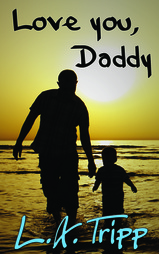
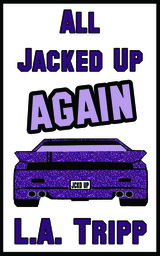
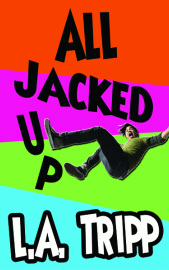
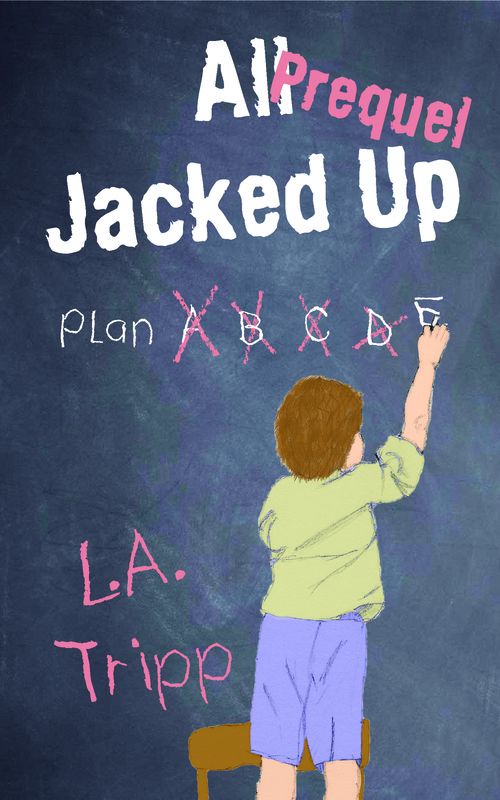

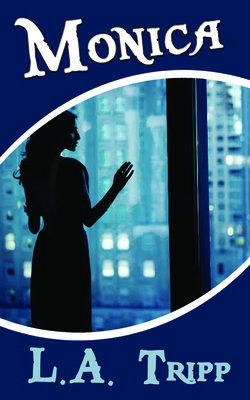
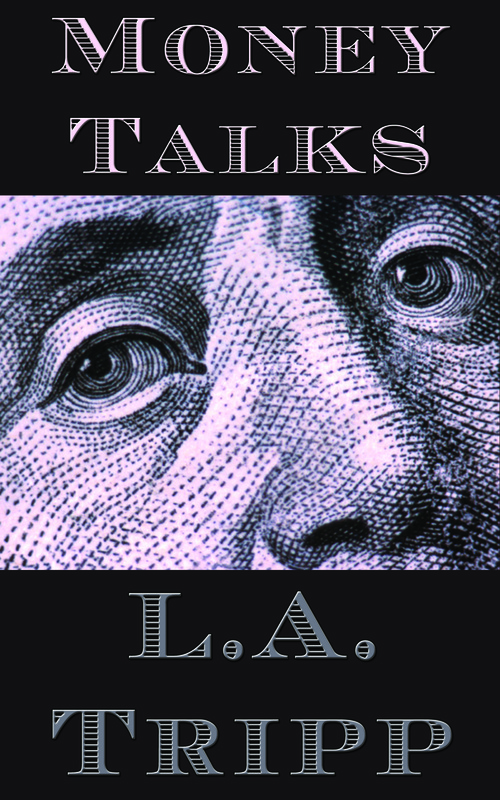

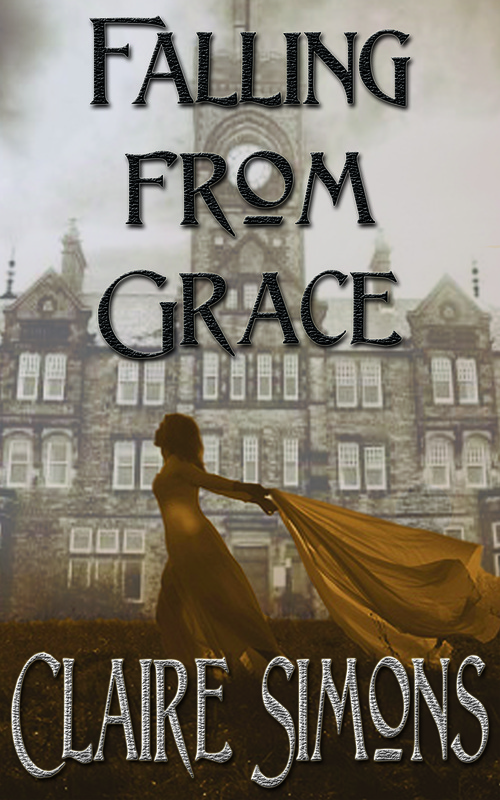

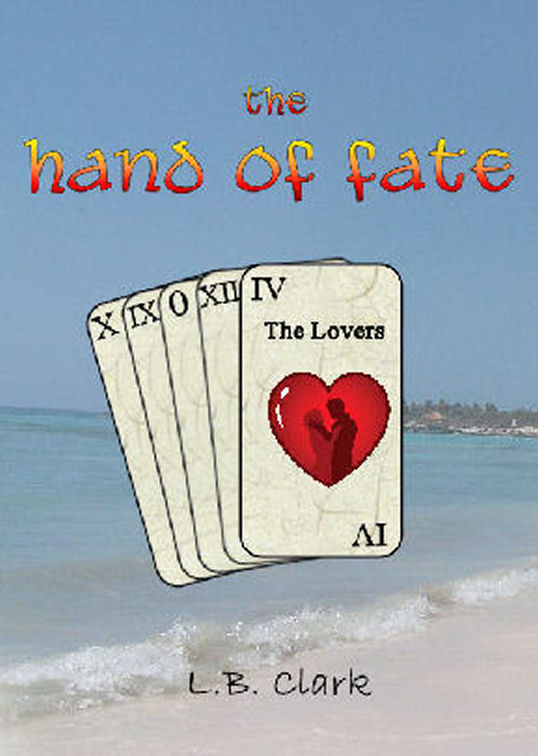
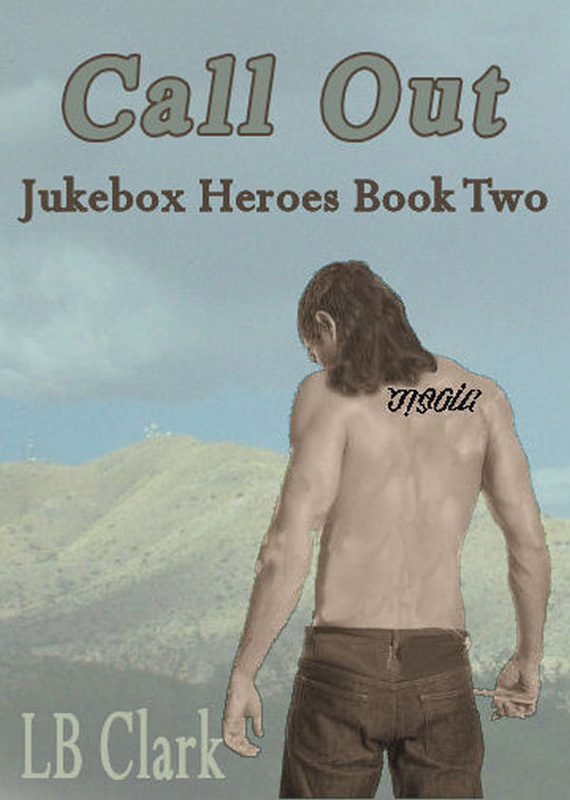
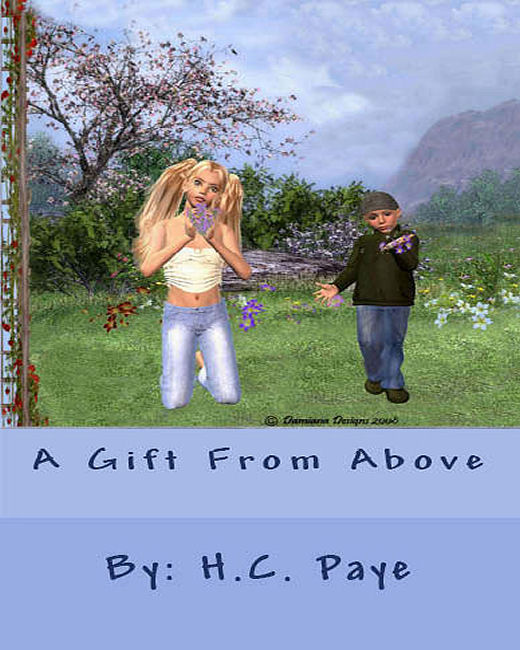
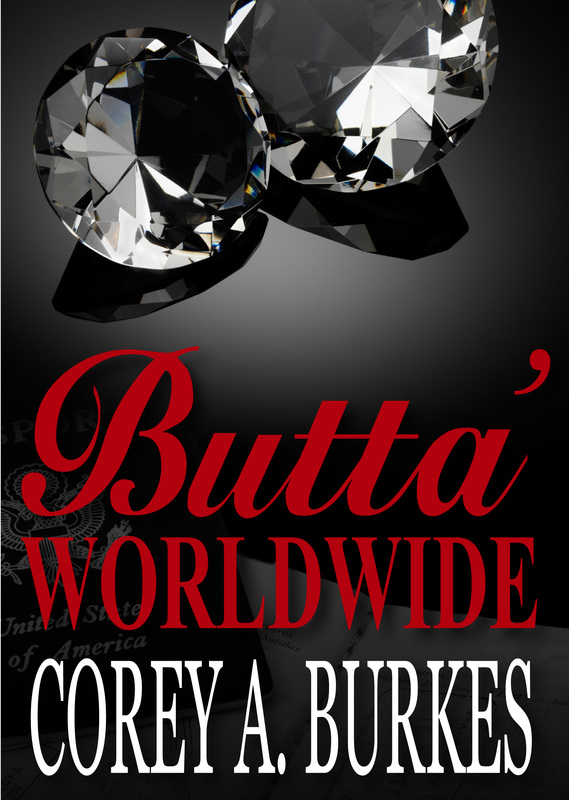
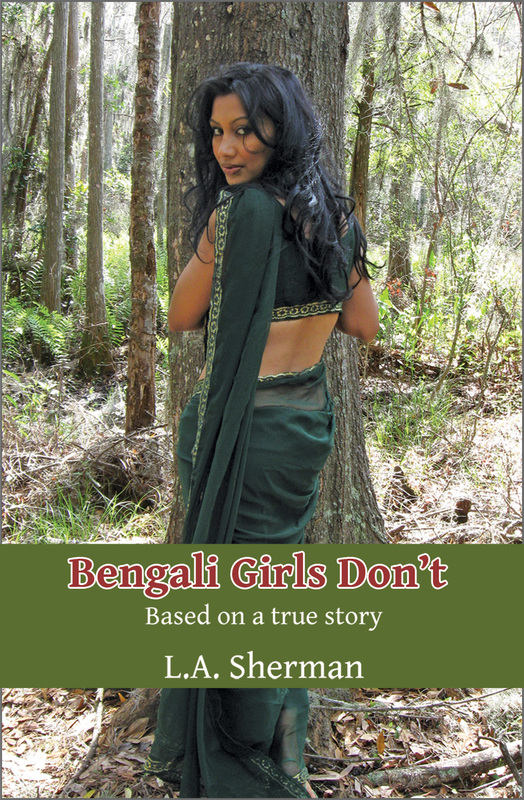
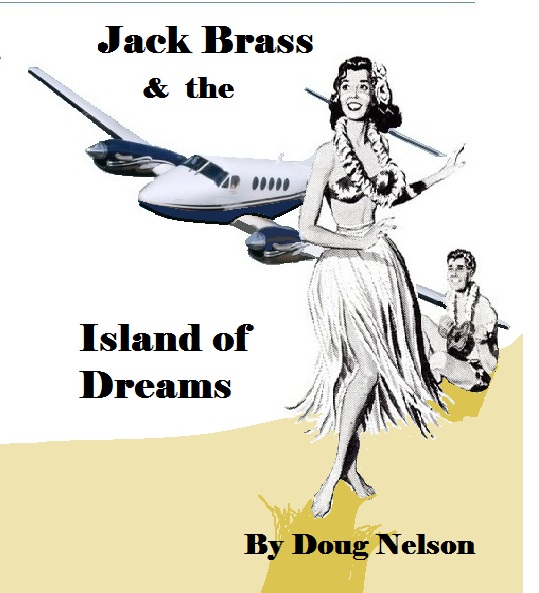
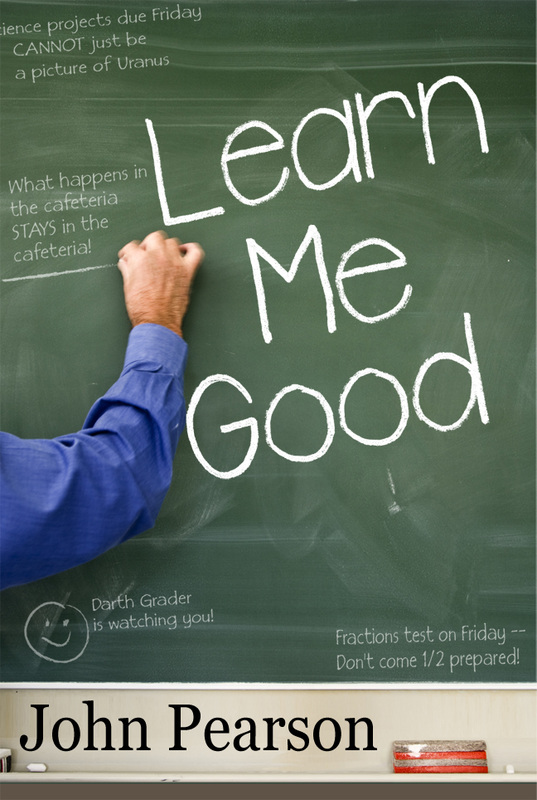

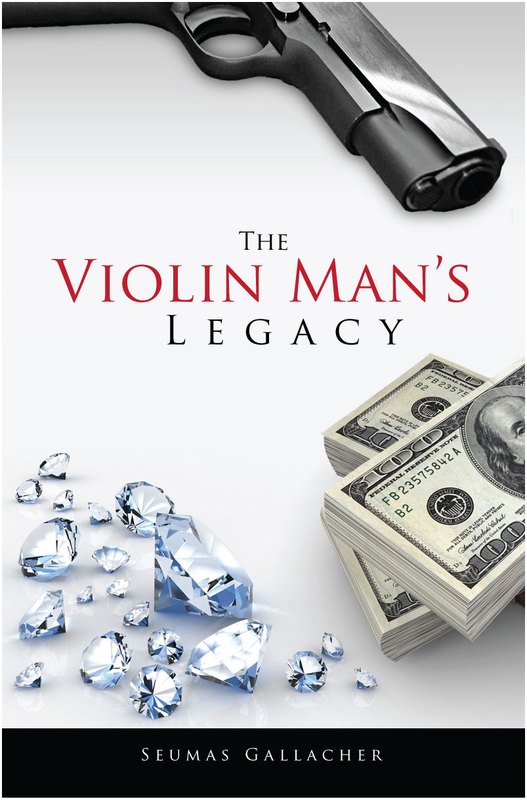
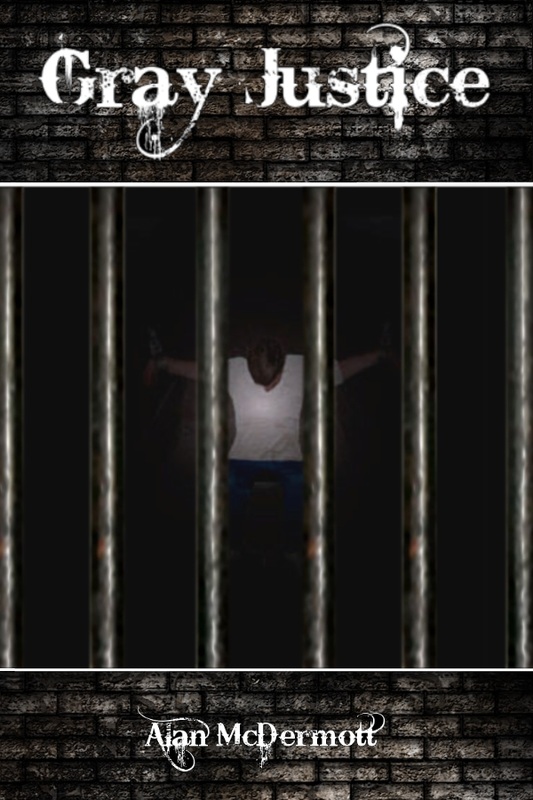
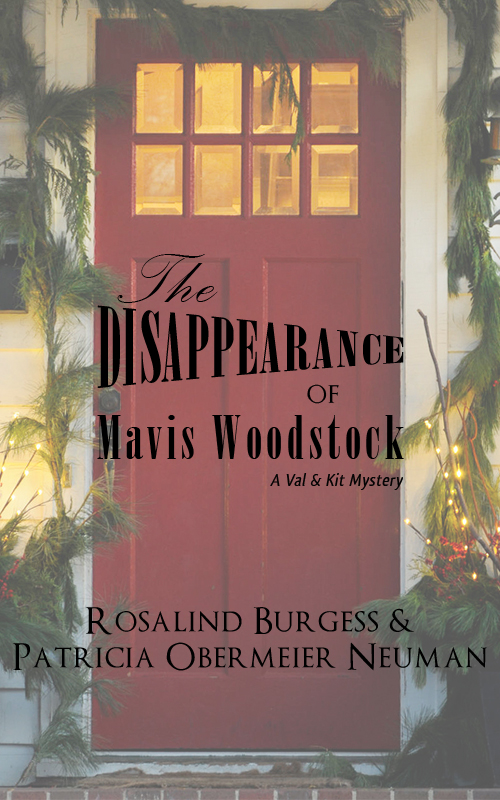
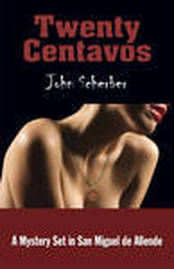
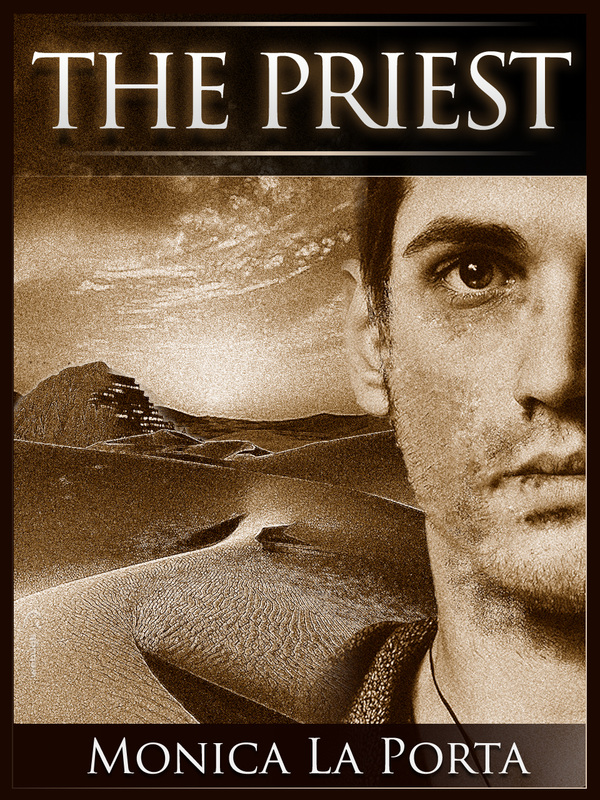
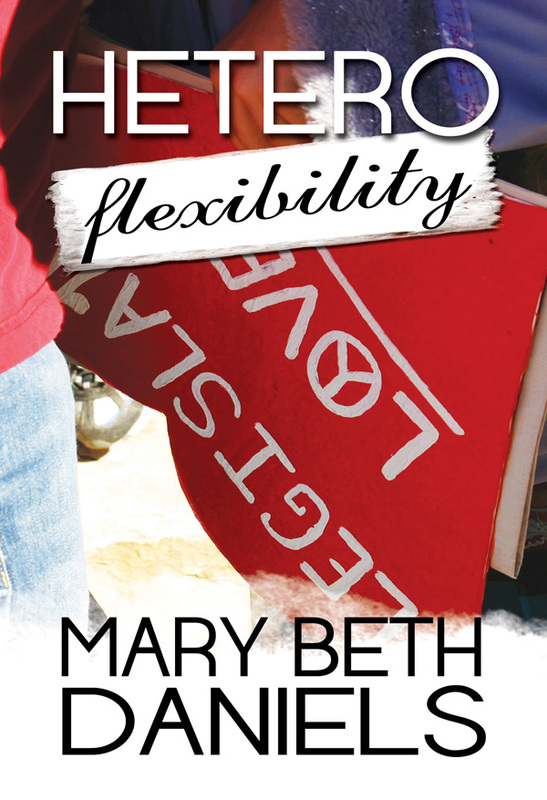
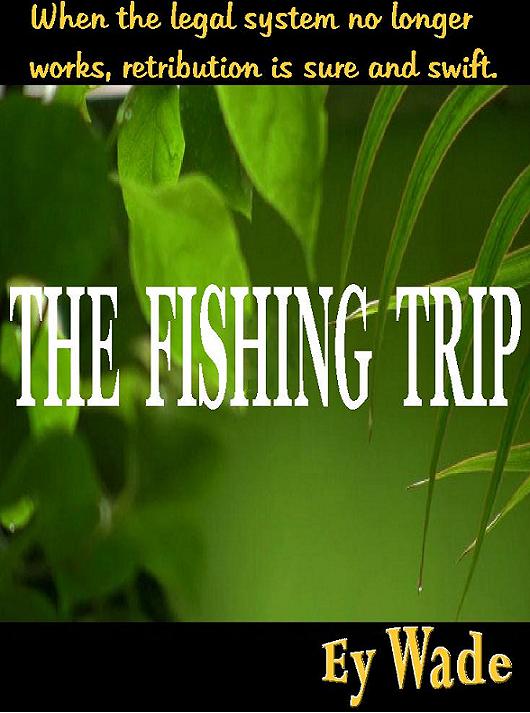
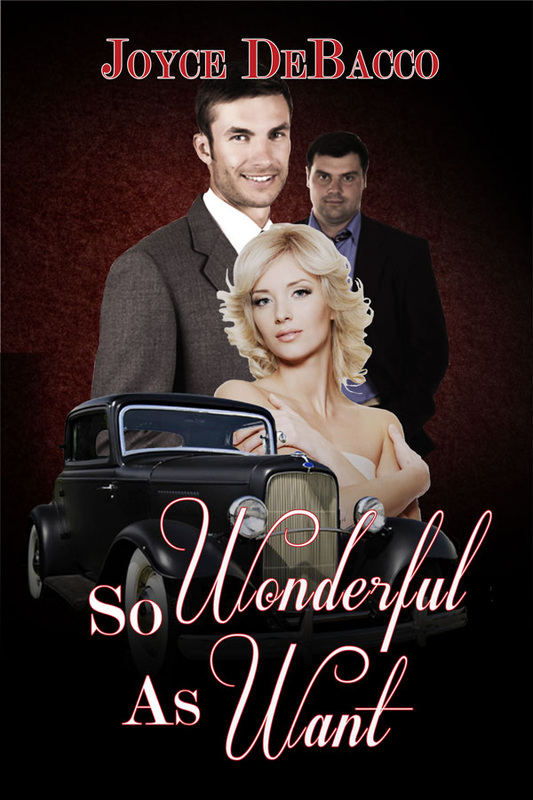
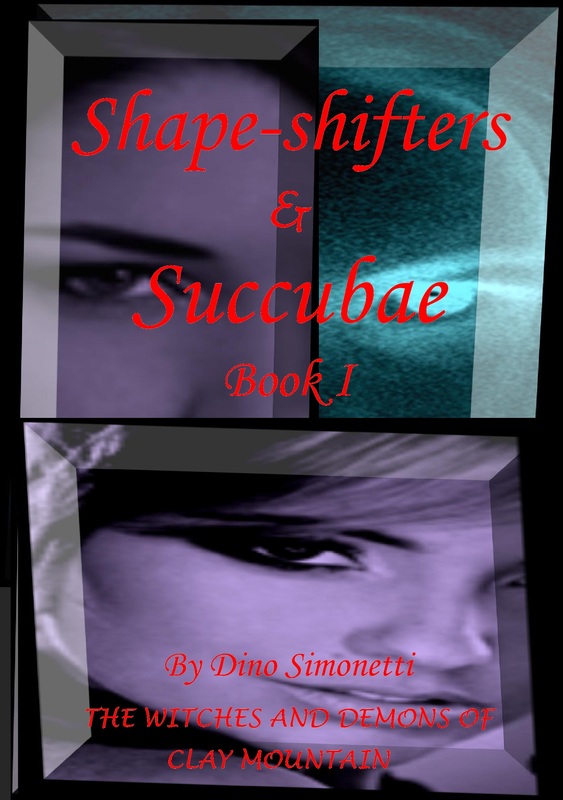
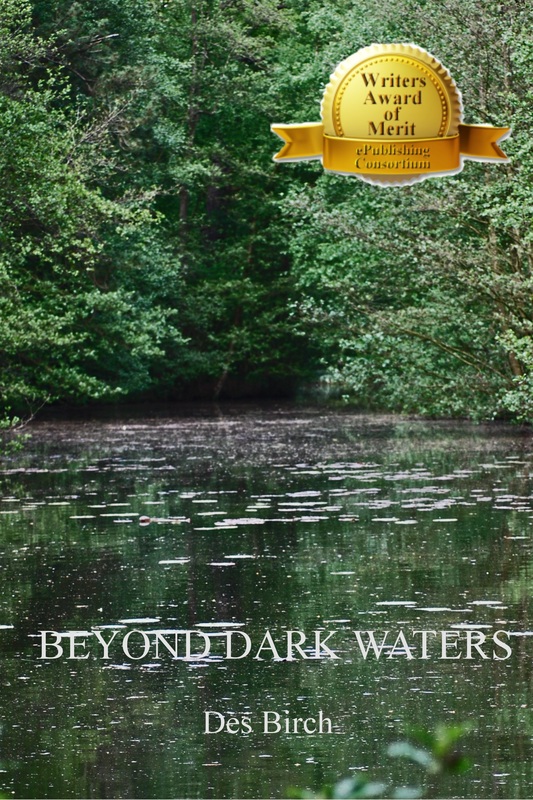
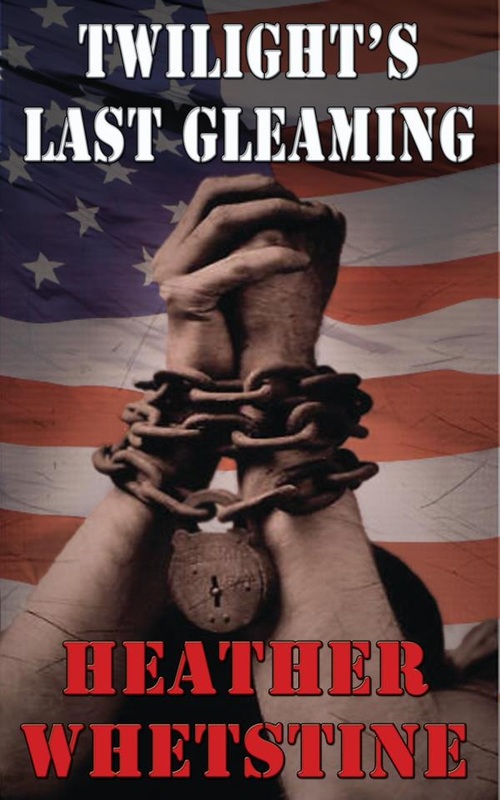
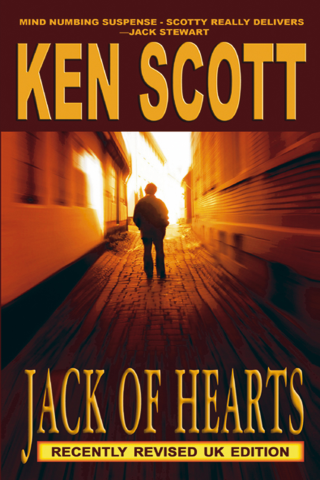
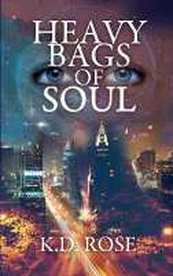
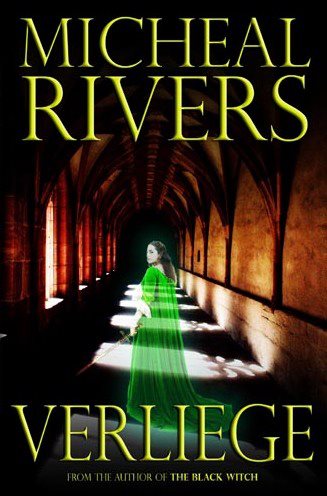
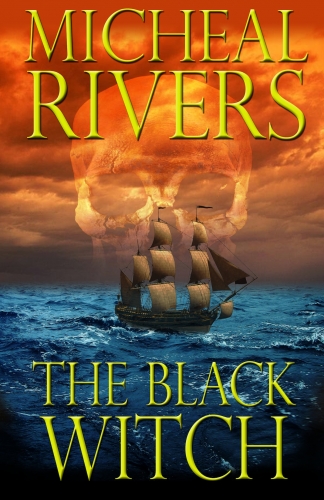
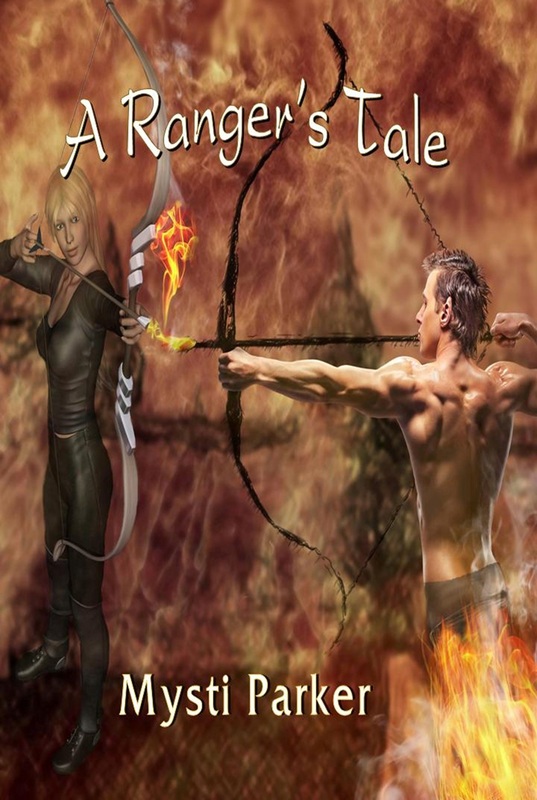
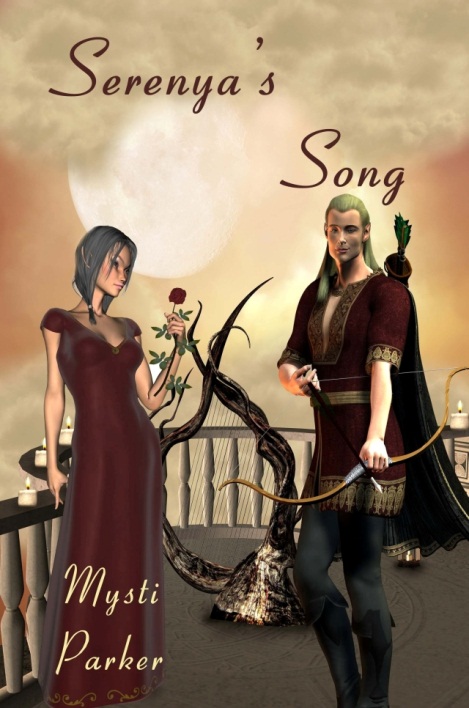
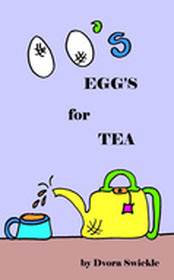
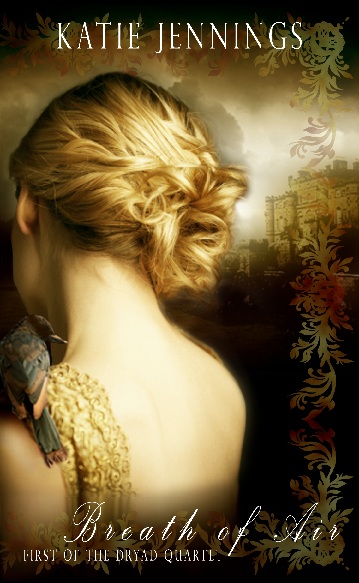
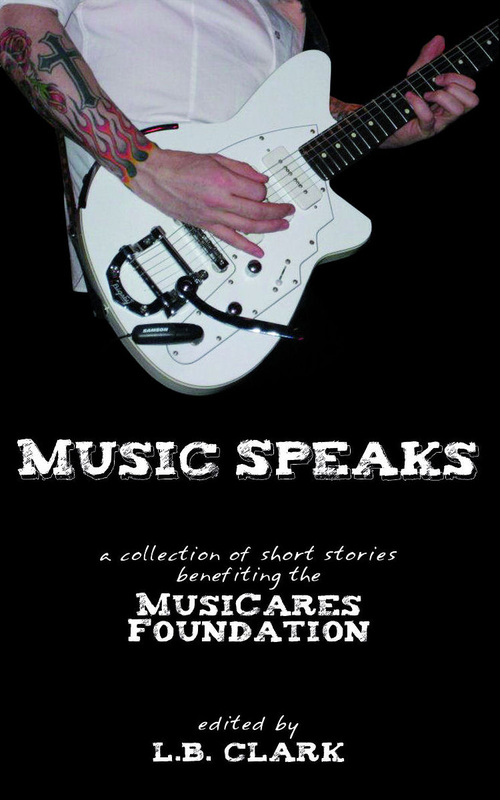
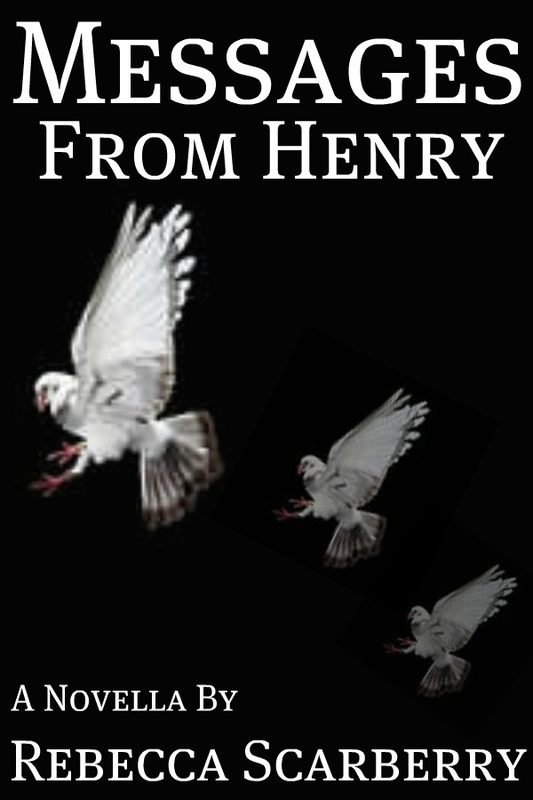
 RSS Feed
RSS Feed